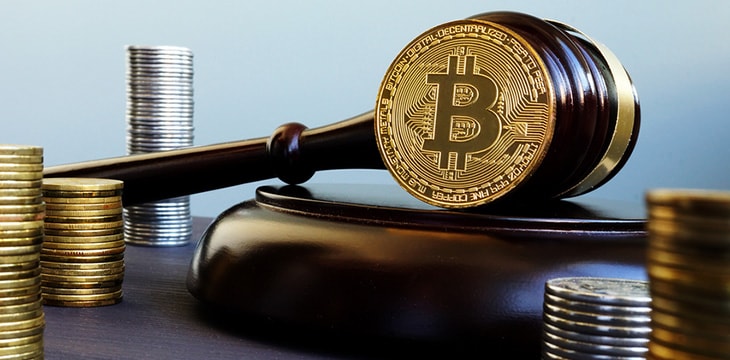|
Getting your Trinity Audio player ready...
|
The financial regulator in Abu Dhabi has amended its cryptocurrency regime in light of standards set by the Financial Services Regulator Authority (FSRA) and the Financial Action Task Force (FATF), in an attempt to make the language more consistent with international guidance.
Abu Dhabi Global Market published a range of amendments to its crypto framework, which has formed part of the FSRA regulations for the past two years.
New expanded guidance from the FRSA is much more comprehensive, offering more specific detail and a broader range of regulation than was previously the case.
In particular, the new update changes the language around “crypto assets” to “virtual assets,” which is more consistent with the terminology deployed by FATF.
The Paris-based FATF sets international standards for cryptocurrency, as well as establishing processes for anti-money laundering and the prevention of fraud. The guidance also works to prevent the evasion of international sanctions through cryptocurrency.
It follows from moves in the UAE to regulate initial coin offerings (ICOs), despite widespread warnings about their potential for abuse. Proposals on the table would effectively classify ICOs as a form of security and regulate them as such, confirming the view of other regulators worldwide, including the U.S. Securities and Exchange Commission (SEC) in many cases.
The guidance requires startups considering an ICO to approach the regulator to determine whether their ICO falls within its regulatory remit. Other firms serving ICOs are required to be registered with the regulator directly, while a number of requirements have been brought in to restrict what firms can do with token issues without the approval of the regulator.
The update to crypto regulations makes the legal framework in the UAE more detailed than was previously the case, and has been broadly welcomed by firms engaging in crypto transactions and ICOs.
Saudi Arabia and the UAE have previously announced plans for developing a digital currency, which would be used to settle transactions between the two states.
The new regulatory framework confirms UAE’s position as a global leader in fintech regulation, providing firms with the legal certainty they need to flourish and expand.

 03-02-2026
03-02-2026 




